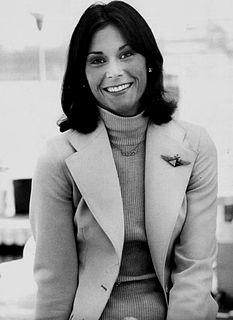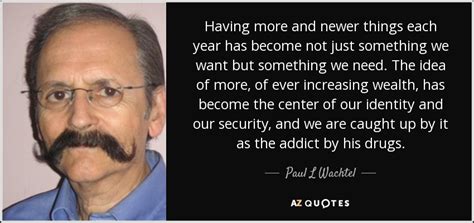A Quote by Michio Kaku
Cancer is like the common cold; there are so many different types. In the future we'll still have cancer, but we'll detect it very, very early, so that it won't kill anybody. We'll zap it at the molecular level decades before it grows into a tumor.
Related Quotes
Cancer vaccines are in the future. And they could be very effective. Checkpoint blockade, which is acting your immune system to recognize those cancer cells and kill them is another very promising approach and there have been some checkpoint blockade drugs out in the market now that will release the brake on T lymphocytes, the T lymphocyte is your major killer of tumor cells.
My breast cancer was caught very early thanks to my doctor a wonderful woman named Elsie Giogi, who just recently passed away after practicing medicine into her 80's. At the time, she had suggested I go for a baseline mammogram before age 40 because I had fibrocystic breasts. The mammogram discovered a tiny tumor, and it was so small that they were able to take it out very easily. I had a lumpectomy. Unfortunately, they did miss a little of the cancer, and two years later I had a mastectomy. But hey, I'm here, I'm alive, and I'm going to live to be 100!
Very few people would choose to have even the most fabled assortment of goods if it meant getting cancer within the year. But the choice involves not the certainty of cancer very soon but an increased probability of cancer at some time in the future. The cancers are no less real; millions will die painfully and prematurely because of what we do to our environment. But the choice is not an easily visualizable one, and our capacity of denial comes strongly into play - as it tends to whenever we must weigh future costs against immediate benefits.




































